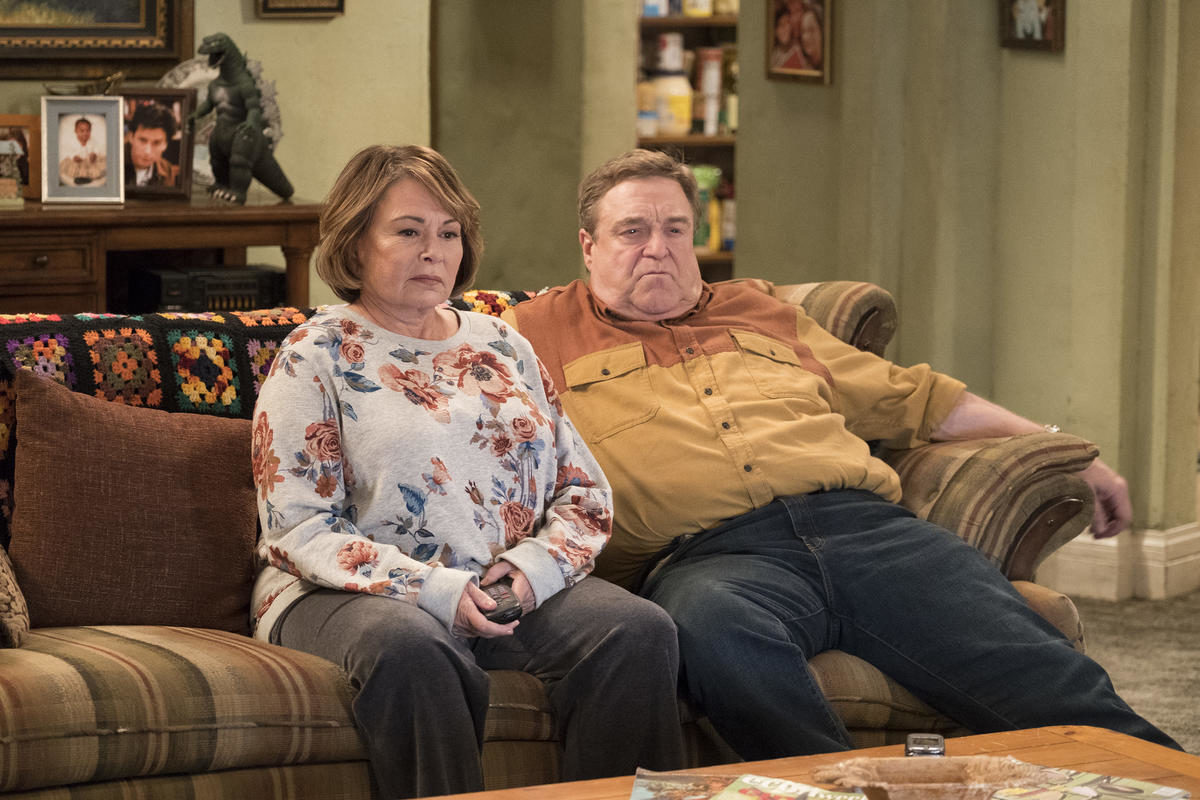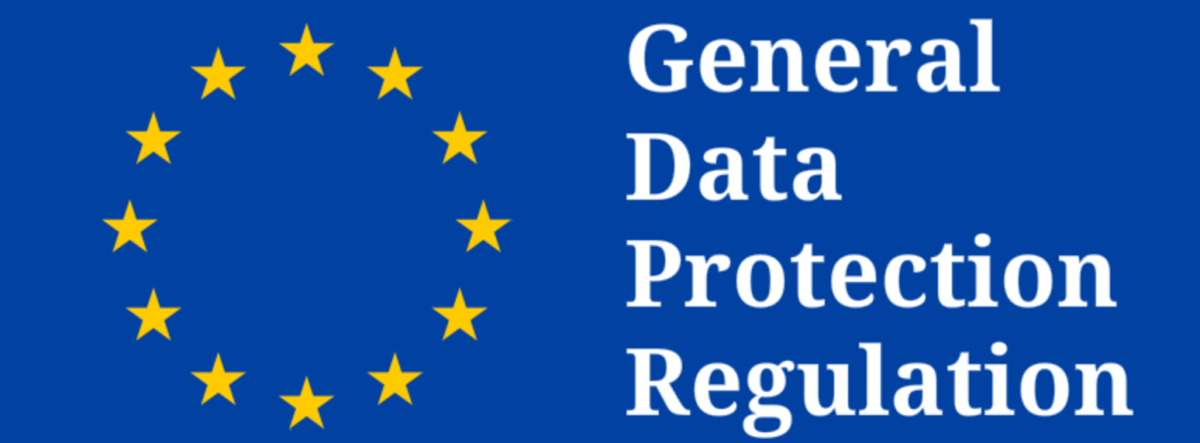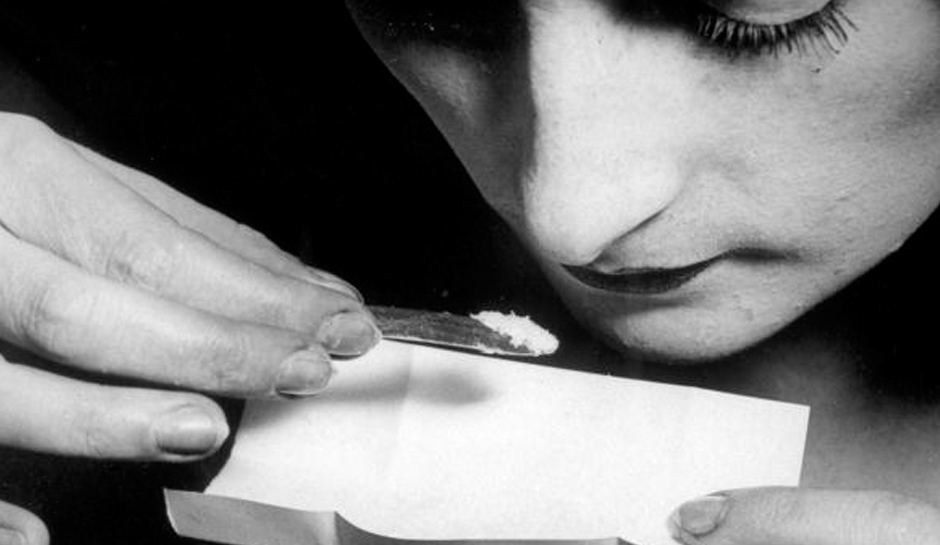Roseanne Barr is finished. And it’s about goddam time.
I watched the first few episodes of the Roseanne reboot with an open mind, but the show’s racism and intolerance, well on display within the show and bluntly expressed in Roseanne’s off-air demeanor, demonstrated very conclusively that this was not a contemporary answer to All in the Family, but something more akin to a sitcom version of Jean Raspail’s The Camp of the Saints. An early scene showing the Conners swapping an insufficient supply of medication due to inadequate American healthcare created the illusion that this was a show like its previous iteration, one aligned with the working class roots that had made the original such a success. But then we saw the Conners casually belittling “all the shows about black and Asian families” and it became very clear that this was a program committed to white supremacy. As The New Yorker‘s Emily Nussbaum pointed out, the show relied on coded language, unrealistic dialogue, and sideways jabs to disguise its bigotry-drenched narrative.
I was not the only viewer to flee. It took only weeks for the reboot to drop from 18.44 million viewers to a mere 10.42 million. This was the show that Trump had said “was about us,” but that “us” shed 44% of its purported unity within months. The cast and crew quickly became unsettled by the Faustian bargain they had bought into. Co-showrunner Whitney Cummings left. Then writer Wanda Sykes left. And as actress Emma Kenney was about to bolt, she was informed by her manager that the show was cancelled. The linchpin was a startlingly racist tweet in which Roseanne declared that former Obama aide Valerie Jarrett was the product of “Muslim brotherhood & planet of the apes [sic]” having a baby.
For anybody who had been watching this hatred from the sidelines, Roseanne’s vulgar and vituperative racism was there in the unfettered manner in which she tweeted easily debunked alt-right conspiracy theories as if these hurtful falsehoods represented true gospel. She falsely claimed in March that David Hogg, one of the brave kids who survived the Stoneman Douglas High School shooting and who went on to become a formidable activist, had offered a Nazi salute, despite the fact that Roseanne herself had dressed up as Hitler for Heeb Magazine.
Barring a pickup from an online streaming giant — an unlikely event, given Amazon’s recent woes with Transparent and the Roy Price scandal, Netflix cutting ties with Louis CK, and Hulu likely not wanting to risk its progressive-minded programming slate given the success of The Handmaid’s Tale — there is little chance that Roseanne will return, unless she decides to produce it on her own dime. And even then, she would probably not have enough clout to convince all the cast members and crew to return. Such a hypothetical reboot, untethered from the manacles of network Standards and Practices, would only amp up the atavism further in the interest of “truth-telling,” perhaps inspiring the Southern Poverty Law Center to include Roseanne Barr amidst its distressingly voluminous list of offenders.
This was the first television show cancelled by a single tweet. And I don’t think it will be the last. What Roseanne’s self-immolation demonstrates, quite rightfully and righteously I think, is that America does have limits to what it will tolerate. There will undoubtedly be Daily Caller-reading banshees writing thinkpieces proclaiming this cancellation as a calumny upon the First Amendment. But the decision to write and produce a show, much less watch one, has not been quelled and the audience hungry for this casual xenophobia has regrettably not been deracinated. There are still ten million loyal Roseanne viewers. And I can easily imagine Roseanne being propped up as an underground comic, recast as an alt-right faux Lenny Bruce or perhaps the American answer to Dieudonné, and making a fortune through a monthly Patreon account.
In an age in which a self-help transphobic huckster like Jordan Peterson is framed by the “Paper of Record” as a “dark web intellectual,” Roseanne will probably not be the last repugnant show airing on American television. I fear that we are only at the beginning of hatred and intolerance marketed as “wholesome entertainment.” And while mainstream media rejects Roseanne, one must now be on the lookout for independently produced offerings cut from the same Klan cloth that are snatched up by television executives in the interest of corporate profit. This is, after all, how Roseanne was rebooted in the first place. The question now is who has the chutzpah to push the envelope further into a fetid swamp of ugliness and whether some network desperate for a hit is willing to pick up such a bilious offering, counting upon the American public to forget how these same gatekeepers helped make Roseanne happen in the first place.



